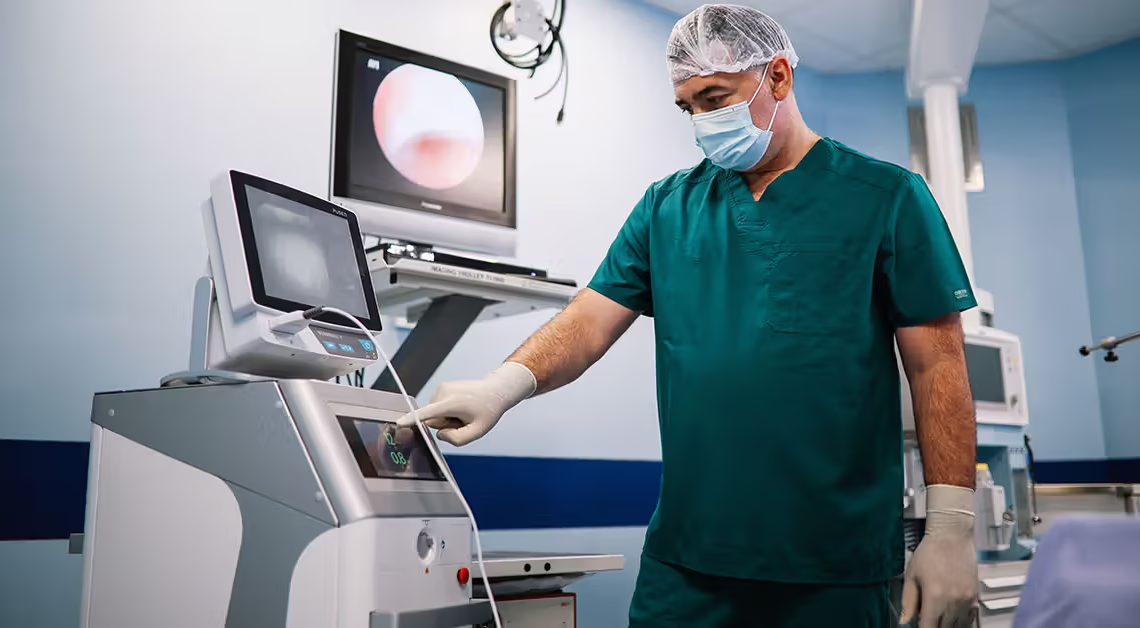Colonoscopy screening is one of the most effective tools in detecting and preventing colorectal cancer, especially when done regularly and at the right intervals. While age and family history are well-known factors influencing the need for screening, lifestyle choices also play a significant role.
In fact, the way you eat, move, and manage stress can directly affect your colorectal health. This article explores how various aspects of lifestyle can increase or decrease your risk of colorectal issues and why it may influence when or how often you should undergo colon cancer screening.
Diet and Digestive Health
Your dietary habits are among the most influential factors in determining colorectal health. A diet high in red and processed meats, such as bacon, sausages, and beef, has been associated with a higher risk of colon polyps and colorectal cancer. These foods can lead to inflammation in the gut lining and produce carcinogenic compounds during digestion.
On the other hand, diets rich in fibre, found in fruits, vegetables, legumes, and whole grains, can support a healthy digestive system by promoting regular bowel movements and feeding beneficial gut bacteria. These fibre-rich foods may reduce the likelihood of abnormal cell growth in the colon.
If your diet leans more towards processed or low-fibre foods, your doctor may recommend earlier or more frequent colonoscopy screening.
Physical Activity and Sedentary Lifestyle
An active lifestyle does more than benefit your heart and weight, it also plays a crucial role in preventing colorectal diseases.
Regular physical activity helps reduce inflammation, improve immune function, and support gut motility. It can also help regulate body weight, and obesity is a known risk factor for colorectal cancer.
Sedentary behaviour, on the other hand, has been linked to an increased risk of colon cancer. People with desk-bound jobs who get little exercise may be advised to pay closer attention to their colorectal health.
In such cases, colonoscopy tests could be recommended earlier than the typical age-based guidelines suggest, especially if other risk factors are present.
Smoking and Alcohol Consumption
Smoking and heavy alcohol use have both been identified as lifestyle choices that increase the risk of colorectal cancer.
Tobacco contains carcinogens that affect multiple organ systems, including the digestive tract. Long-term smokers are at a significantly higher risk for developing colorectal cancer and other gastrointestinal conditions.
Excessive alcohol consumption, especially over many years, can damage the lining of the colon and liver and contribute to cancer development. If you have a history of smoking or drinking heavily, even if you’ve quit, your doctor may advise more vigilant colonoscopy screening as part of a comprehensive prevention strategy.
Stress and Gut Health
Chronic stress may not directly cause colon cancer, but it does affect gut health in significant ways.
Stress can lead to digestive issues like irritable bowel syndrome (IBS), changes in gut bacteria, and inflammation, all of which may raise concerns over time. People with long-standing digestive discomfort or chronic gastrointestinal symptoms may undergo colonoscopy screening to rule out more serious conditions.
Additionally, high stress often contributes to unhealthy coping mechanisms like poor diet choices, smoking, or inactivity, all of which further impact colorectal health.
Family History and Lifestyle: A Combined Risk
While you can’t change your genes, your lifestyle can either increase or reduce the risk they pose. If you have a family history of colorectal cancer or polyps, combining that with an unhealthy lifestyle may significantly increase your overall risk.
In this case, lifestyle modifications alongside earlier and more regular colonoscopy screening are key. Adopting healthier habits may not eliminate the need for screening, but it can lower your risk and improve your outcomes if issues are found early.
When to Discuss Screening With Your Doctor
Typically, colonoscopy screening is recommended starting at age 50 (or 45 in some guidelines), but that age may be lowered if lifestyle factors raise your risk. You should speak to your doctor about screening if:
- You have a low-fibre, high-fat diet
- You smoke or drink heavily
- You are overweight or inactive
- You experience frequent digestive discomfort
- You have a family history of colon cancer
Early detection saves lives, and lifestyle-informed screening schedules can make a big difference.
Conclusion
Your daily habits may have more impact on your colon health than you realise. While colonoscopy screening is often guided by age and family history, lifestyle factors like diet, physical activity, smoking, alcohol use, and stress levels are just as important in determining your risk.
Being proactive about your health through better lifestyle choices can reduce your risk of colorectal issues and ensure that if you do need a colonoscopy screening, it’s done at the right time, potentially before problems arise.
If you’re unsure whether your current habits could be putting you at risk, consult your doctor for personalised guidance and screening recommendations.

